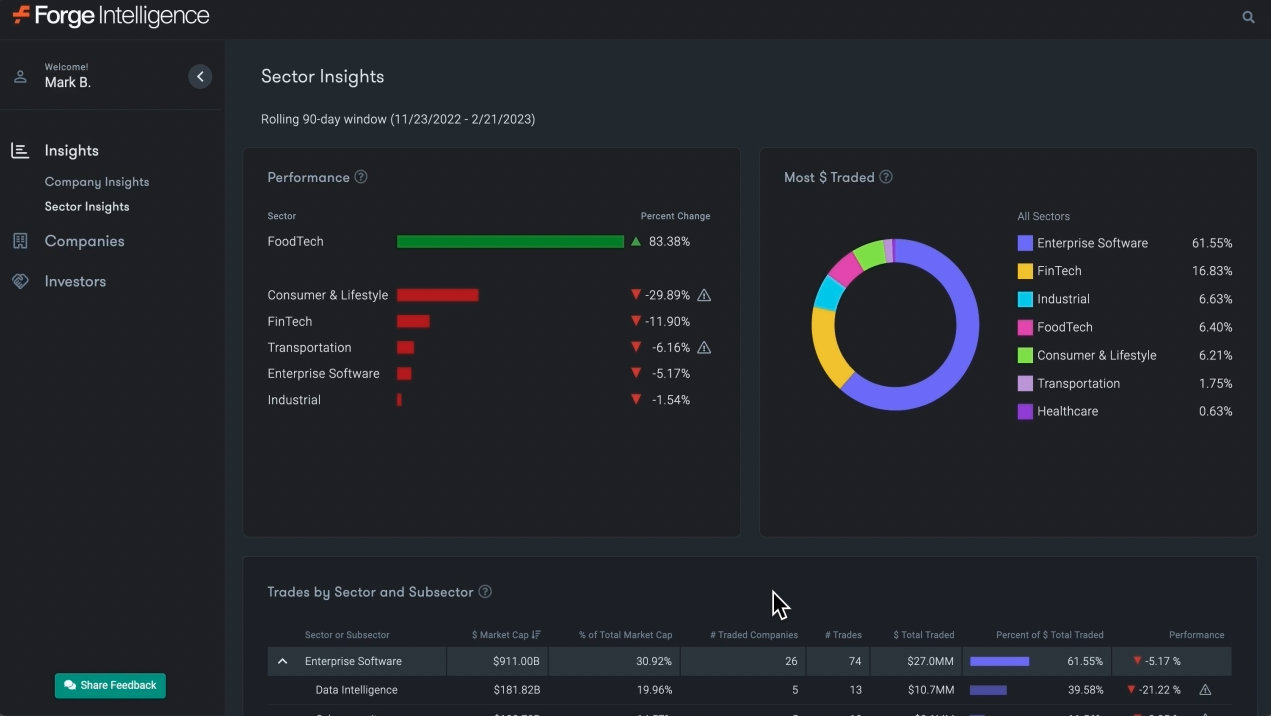Private Market Glossary
What do Private Securities mean?
Private securities include all types of securities—such as stocks, bonds, or debt—that are exempt from registration with the SEC. Private securities may be bought and sold between two parties with no intermediary, or through an intermediary like a broker-dealer. But they are not freely available to trade on open markets the way stocks that trade on, for example, the New York Stock Exchange (NYSE).

A better understanding of private securities
To better understand private securities, it helps to compare them to public securities.
If a security is offered for public sale in the U.S., it generally needs to be registered with the Securities and Exchange Commission (SEC), based on the Securities Act of 1933 and the Securities Exchange Act of 1934.
Private securities, however, are exempt from registration, as long as they are issued and traded based on an available exemption from registration. That means that private securities generally have less transparency and reporting requirements compared with public securities, and there tends to be some additional restrictions around buying and selling private securities.
For example, essentially anyone can buy and sell a stock that is publicly traded on a stock exchange, but generally, only accredited investors can invest in private securities of a company or a private equity or venture capital fund, for example. These private companies or funds may further restrict sales to only certain types of institutional investors, or based on criteria like minimum transaction size.
What role do private securities play in the private market?
Private securities represent equity ownership in a private company or fund and are often used as part of the compensation for employees of private companies.
When an employee at a private startup earns private shares as compensation, they may want to sell these shares at some point to monetize their equity. An accredited investor would be eligible to purchase this employee’s shares either directly, or through a private secondary marketplace.
Some private securities, like private debt, may be eligible for purchase on a wider basis, such as through a bank or broker. These investments can be more complex and are typically riskier than buying publicly traded securities.
What are some examples of private securities?
Private securities include any privately traded security across categories such as:
- Private equity (e.g., shares of private companies or private funds)
- Venture capital
- Private real estate funds
- Private debt
- Derivatives
- Fractional loans
Similar asset types can sometimes be accessed in the form of public securities, such as how an investor might buy shares of a publicly traded real estate investment trust (REIT), rather than a private real estate fund. However, the difference is typically that private securities are not registered and are offered on a more limited basis.



